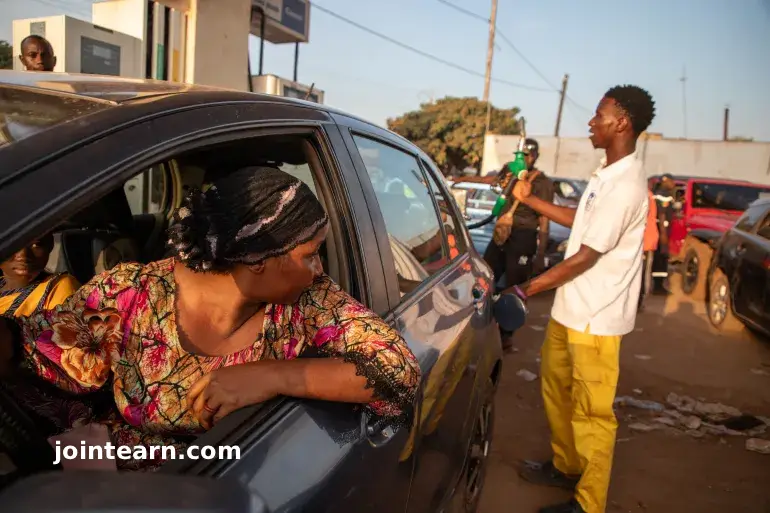
Mali’s media regulator has suspended two major French television broadcasters, TF1 and LCI, accusing them of spreading misinformation about a severe fuel blockade imposed by an al-Qaeda-linked armed group. The suspension comes amid worsening fuel shortages, rising insecurity, and escalating tensions between Mali’s military authorities and Western nations.
Media Watchdog Accuses French Channels of Airing “False Information”
In a letter dated November 13 and made public on Friday, Mali’s High Authority for Communication (HAC) announced that both TF1 and LCI had been removed from broadcast packages “until further notice.” The regulator alleges that the channels aired “unverified claims and falsehoods” during a November 9 report on the country’s fuel crisis.
The HAC objected specifically to three claims made during the broadcasts:
- That Mali’s ruling military junta had banned the sale of fuel
- That the regions of Kayes and Nioro were entirely under blockade
- That armed groups were close to overrunning the capital, Bamako
According to journalists on the ground, both channels became inaccessible in Mali as of Thursday evening.
TF1, one of France’s largest commercial broadcasters, and LCI, a major 24-hour news network, have not publicly responded to the allegations.
Fuel Blockade Deepens Crisis in Mali
The controversy comes as Mali faces a crippling fuel shortage caused by a blockade imposed in September by Jama’at Nusrat al-Islam wal-Muslimin (JNIM), an al-Qaeda-affiliated armed group active across the Sahel.
JNIM fighters have blocked major highways connecting Mali with Senegal and Ivory Coast—routes essential for fuel tankers entering the landlocked nation. Their roadblocks have severely disrupted fuel supplies, leading to:
- Massive queues at petrol stations
- Soaring black-market fuel prices
- Restricted movement of goods and humanitarian aid
- A further deterioration of security conditions, as fuel scarcity hampers military and civilian transportation
Residents in Bamako and other major cities have reported waiting hours—sometimes overnight—just to access limited fuel supplies.
Western Embassies Urge Citizens to Leave Mali
The worsening conditions have prompted several Western embassies, including those of France and the United States, to advise their nationals to leave Mali.
Security analysts warn that the blockade has created a dangerous vacuum, making it harder for security forces to respond to attacks in remote regions.
Military Governments Struggle as Violence Rises Across the Sahel
Mali, Burkina Faso, and Niger—all ruled by military juntas following coups—have struggled to contain insurgencies despite promises to restore stability. Instead, violence by armed groups has surged, with record-high civilian casualties and attacks on military bases.
The three countries have collectively:
- Withdrawn from major regional bodies
- Reduced cooperation with Western partners, especially France
- Formed their own alliance, the Alliance of Sahel States (AES)
- Strengthened ties with Russia, including military cooperation and control of natural resources
In Niger, the junta recently nationalised a uranium mine previously operated by the French company Orano—another sign of deteriorating relations with France.
Rights Groups Raise Alarms About Abuses
Human Rights Watch and other organisations have accused:
- Armed groups
- Security forces
- Foreign mercenaries allied with Sahel governments
of committing serious abuses, including mass killings, arbitrary detentions, and forced disappearances.
These allegations underscore the growing humanitarian crisis gripping the region, where millions are displaced and entire communities are under threat from conflict and deprivation.
A Tense Media Landscape Amid Escalating Conflict
Mali’s suspension of TF1 and LCI highlights a broader pattern of strained relations between Sahelian military authorities and international media outlets. The junta has repeatedly accused foreign journalists and governments of attempting to undermine its rule or exaggerate the security crisis.
Media freedom advocates warn that restricting independent reporting could further obscure the realities on the ground as Mali grapples with escalating violence, fuel scarcity, and isolation from international partners.


Leave a Reply